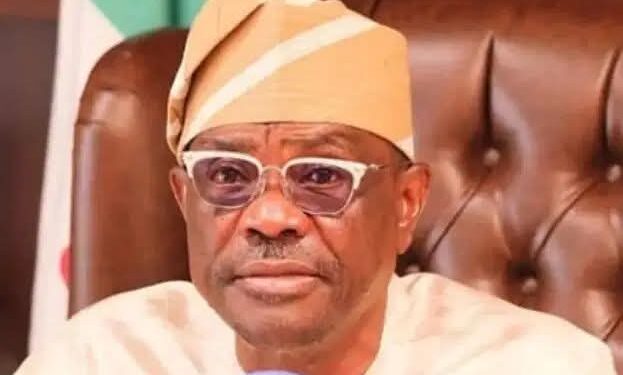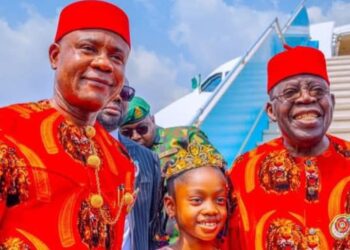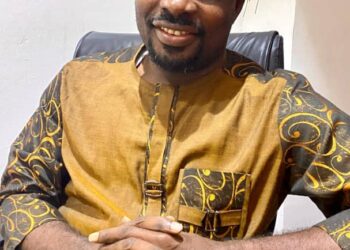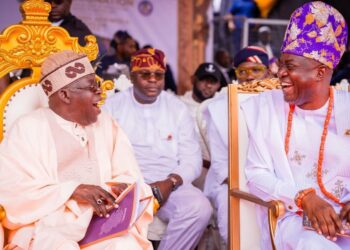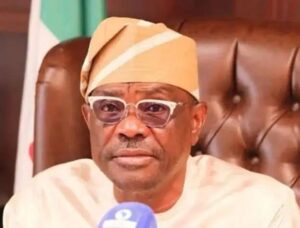
By Ibrahim Kegbegbe
The Senior Special Assistant on Public Communications and Social Media to the Federal Capital Territory (FCT) Minister, Nyesom Wike, Mr. Lere Olayinka, has dismissed the Peoples Democratic Party’s (PDP) decision to zone its 2027 presidential ticket to the South as “coming too late,” insisting it only vindicates the position earlier taken by his principal and the G-5 governors.
The PDP National Executive Committee (NEC) had on Monday resolved to zone the party’s presidential ticket to the South while retaining the position of national chairman in the North, a decision seen as part of its strategy ahead of the 2027 general election.
Reacting to the development, Olayinka said the ruling came three years too late and questioned its effectiveness.
“The party has now realised its mistake of not listening to Wike and others when they insisted that the presidency should be zoned to the South before the 2023 election. But three years later, what is the essence? Have they not vindicated him now?” Olayinka stated.
He argued that the zoning arrangement, though aligning with Wike’s earlier call, may not carry weight since the South would not be able to complete a full eight-year cycle before power rotates back to the North.
READ ALSO:PDP Zones 2027 Presidential Ticket to South, Retains Chairmanship in North
“What moral justification will the party have to ask the North to wait until 2031 when the South would not have even completed eight years? These are the contradictions that should have been addressed in 2022,” he added.
Olayinka maintained that the latest NEC resolution was nothing more than an admission of past errors.
“This decision is not new; it is exactly what Governor Wike stood for. The only difference now is that the PDP is making this pronouncement when it can no longer change the past,” he said.
Political observers recall that in the build-up to the 2023 elections, Wike and four other governors—famously called the G-5—had demanded that the PDP presidential ticket be zoned to the South. The party, however, opted for a northern candidate, Atiku Abubakar, a decision that widened internal divisions and was seen as contributing to the PDP’s defeat in the polls.
READ ALSO:Mystery Surrounds Arrest of Palestinian Leader in Abuja
Analysts believe the move may be aimed at pacifying Southern stakeholders and rebuilding trust ahead of 2027, though questions remain over whether the party’s late attempt at balance will resonate with voters or mend its fractured internal alliances.


